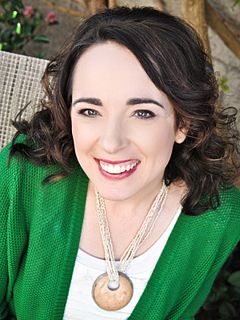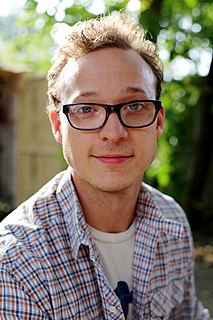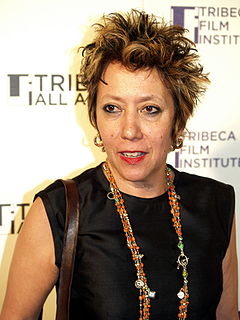A Quote by Mata Amritanandamayi
Make use of radio, TV and films discriminatively; only for programs that will enhance our knowledge and culture. Television is tele-visham (tele-poison, in Malayalam). If we are not careful, it can corrupt our culture, damage our eyes and drain away our time.
Related Quotes
In any case, the leading edge of our "on purpose" radio signals is 30 light-years away and, if intercepted, may mend the aliens' image of us based on the radio bubble of our television shows. But this will happen only if the aliens can somehow determine which type of signal comes closer to the truth of who we are, and what our cosmic identity deserves to be.
All of us somehow felt that the next battleground was going to be culture. We all felt somehow that our culture had been stolen from us-by commercial forces, by advertising agencies, by TV broadcasters. It felt like we were no longer singing our songs and telling stories, and generating our culture from the bottom up, but now we were somehow being spoon-fed this commercial culture top down.
It is time that we allow the Word of God, not the glamorized lies of Hollywood to become the cornerstone of our convictions, thoughts, and attitude. It is time we trade the emptiness of pop culture entertainment for the real-life adventure of a Christ-built existence. Only then will truth reign and rule in our lives. Only then will our lives make an eternal impact for His glory.
When we cut off access to certain parts of our cities to people on bikes or in wheelchairs, we're not only doing economic damage, we're also doing culture damage. New York is the culture capital of the world because people are running into each other on the street all the time. They are forced to engage in creativity and problem-solving.
What would happen to a body that was starved, suffocated and then forced to drink poison? It would first suffer and then die an agonizing death. We willingly starve and suffocate our hearts by turning away form the remembrance of God. And then we poison our hearts through the bad company we keep, the garbage that goes into our eyes and ears, and emanates from our tongue...
And then we wonder why our heart feels dead.










































